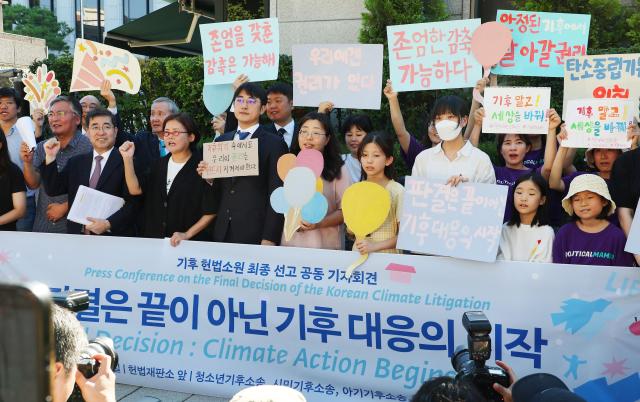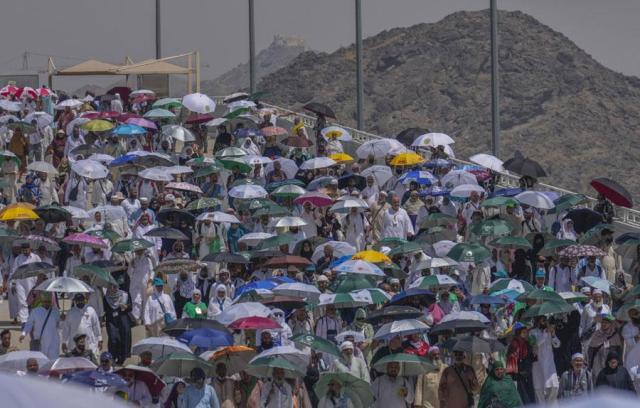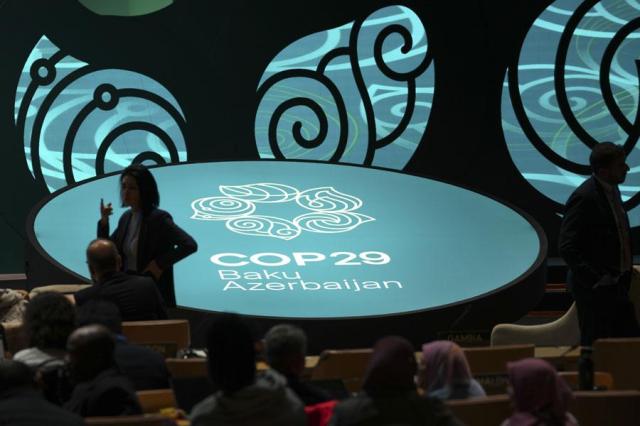
In a ruling on four constitutional petitions filed by young environmentalists, the court said that the government's omission of greenhouse gas reduction targets beyond 2030 fails to adequately protect citizens' basic rights.
In the first such case in Asia, a total of 255 plaintiffs, including 62 infants and children, challenged the nation’s Carbon Neutrality Act, under which the government aims to reduce carbon emissions by 40 percent from 2018 levels by 2030.
In the suits filed between 2000 and 2022, the plaintiffs claimed that this commitment is insufficient to meet the goal of the Paris Agreement, thereby violating their constitutionally guaranteed human rights.
The global climate agreement aims to keep global temperature rise well below 2 degrees Celsius, and ideally below 1.5 degrees Celsius, compared to pre-industrial levels.
In a unanimous decision, the court dismissed their claim regarding the 2030 goal but ruled the relevant clause does not conform to the Constitution.
"By failing to present any quantitative targets for emissions reductions from 2031 to 2049, the government has violated the principle of minimum protection," the court said.
"The measures in place do not meet the minimum necessary level of protection required in the context of the climate crisis,” it said.
As a result of the ruling, the government and the National Assembly must revise the provision by the end of February 2026 to reflect the decision.
Copyright ⓒ Aju Press All rights reserved.




